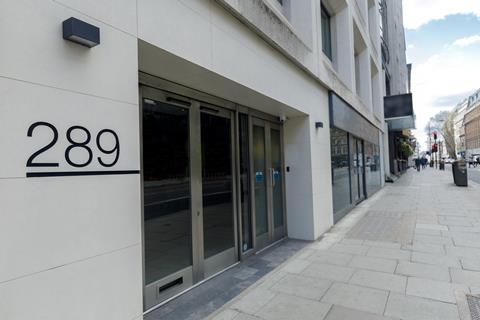Solicitors with more than 15 years of practice would be eligible to chair bar disciplinary tribunals under an extensive shake-up of enforcement processes proposed by the barristers’ regulator. The Bar Standards Board yesterday opened a consultation into the changes, which also include guarantees of anonymity for witnesses in cases involving allegations of a sexual or violent nature.
The consultation follows a review of enforcement functions published last year. It seeks feedback on issues including the constitution of tribunals, reporting of criminal convictions, the BSB’s entitlement to costs and procedural changes designed to accelerate enforcement processes and make them more transparent.

On the composition of disciplinary tribunals, the BSB proposes that the chair should no longer be required to be a judge or KC; instead barristers, solicitors or CILEX lawyers with at least 15 years’ practising experience should be eligible. 'This threshold remains high enough to ensure appropriate seniority and legal experience, while allowing for a more inclusive and diverse pool of potentially eligible candidates', the document states. Five-person panels, which today decide the most serious cases, would be reduced to three people, including one practising barrister and one lay member along with the chair.
Meanwhile, a presumption will be introduced that, by default, any witness making an allegation of a sexual or violent nature will be anomymised. The current procedure, under which decisions on anonymity are taken in the hearing, 'risks dissuading witnesses from assisting the BSB', the consultation document states.
Overall, regulations will be adjusted to give the Bar Tribunals and Adjudication Service greater power to manage cases.
Unveiling the proposals, BSB director general Mark Neale, said: 'This consultation is a crucial step to make our enforcement process more efficient and effective, but without jeopardising the quality of decisions. The changes will, in particular, help us to expedite cases involving bullying and harassment and, crucially, provide assurance of anonymity and support to witnesses.
'The proposals also aim to empower the Bar Tribunals and Adjudication Service proactively to manage proceedings to a speedier final hearing and with greater transparency. We welcome all views, including the public, the profession and those that use our service.'
The consultation is open until 15 October. A second consultation on draft regulations will follow in next year; any new regulations will come into effect from 2027.
This article is now closed for comment.



























8 Readers' comments